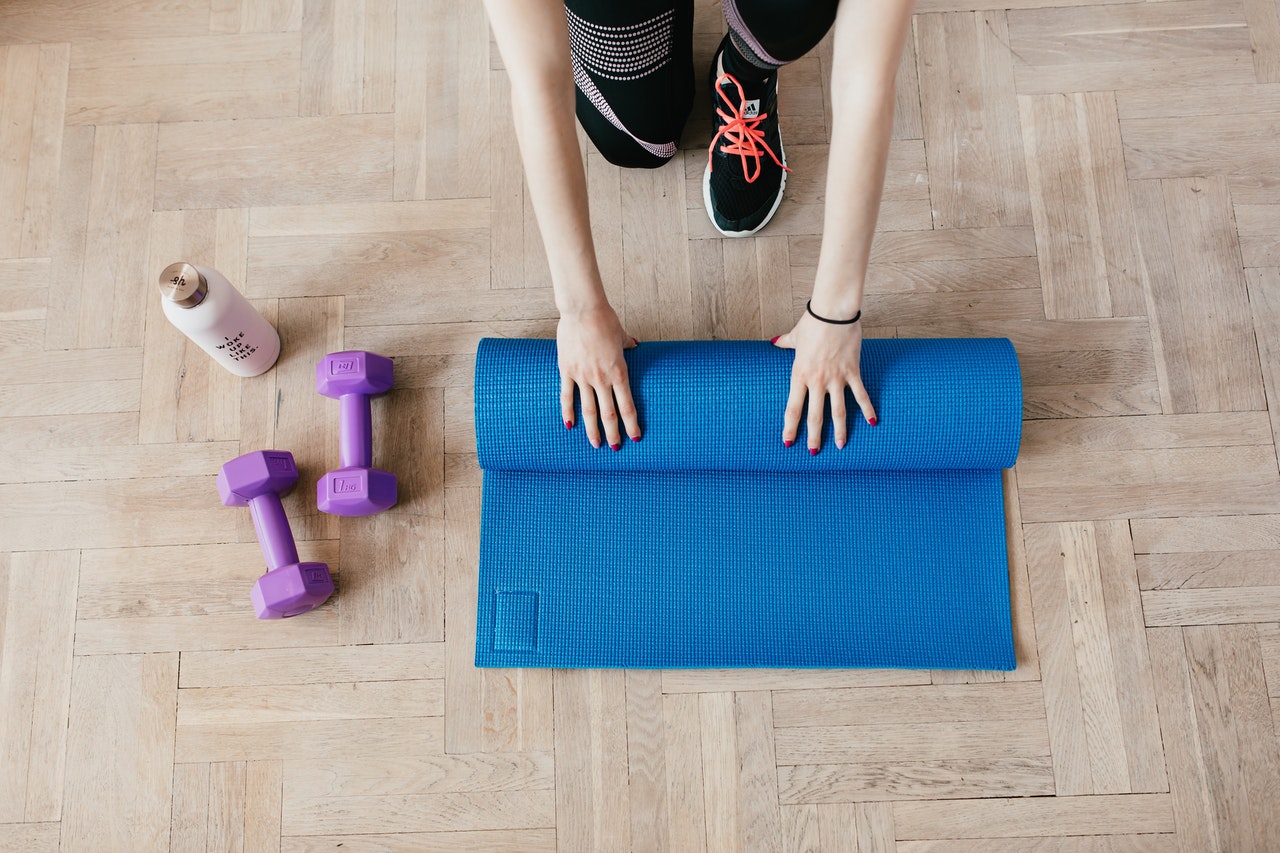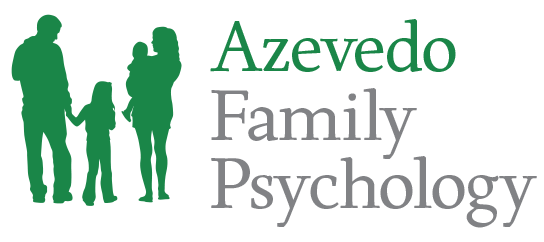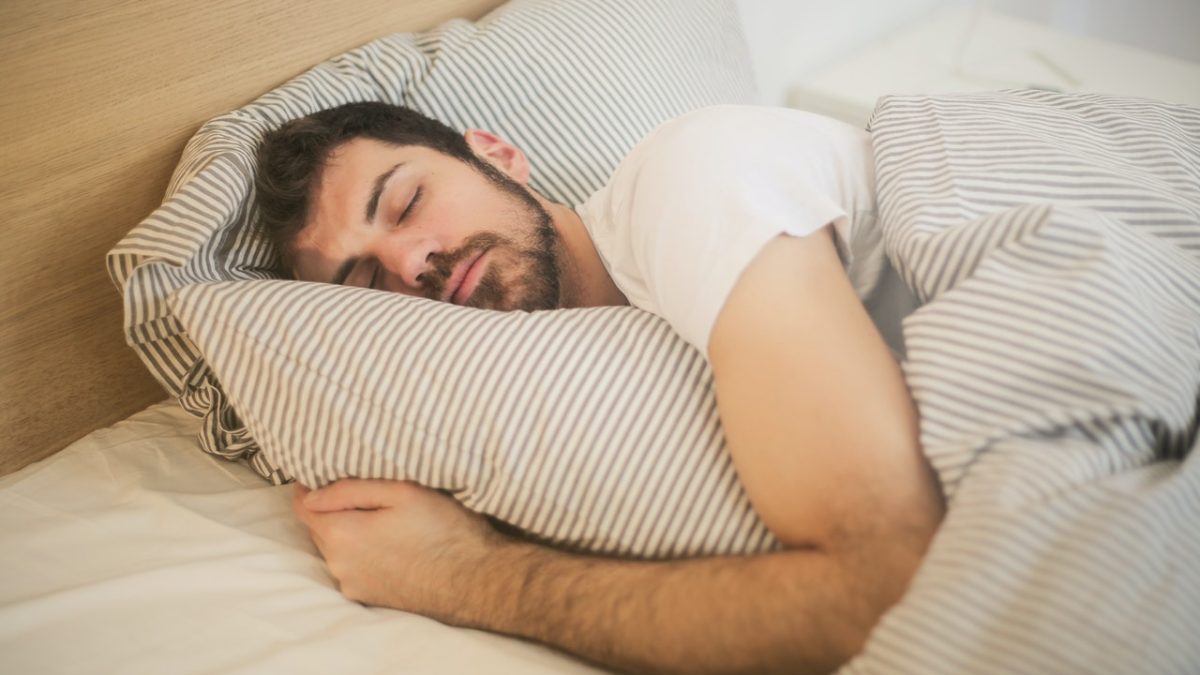
Building a Home Gym for Mental Health in Quarantine
February 24, 2022
How to Support a Child with Gender Dysphoria
May 1, 2022Sleep is one of the most important needs of your body. But in our busy and connected lives, where we are constantly tempted by social media and TV, true rest can be elusive. Sleep isn’t just physically restorative, either: research indicates that a lack of sleep can exacerbate mental health problems, even those as extreme as suicidal ideation.
Getting to sleep and staying asleep are made easier by proper sleep hygiene. The name might sound weird, but no, you don’t have to take a shower to sleep well (though it could certainly be relaxing.) Sleep hygiene is the practice of maintaining daily habits, nighttime rituals, and a welcoming bedroom environment that are conducive to peaceful, uninterrupted sleep.
Today we’d like to talk more about sleep hygiene, why it matters, and things you can do to improve yours.
Why Is Sleep So Important for Mental Health?
A lot happens in your brain while you’re asleep; exactly what depends on whether you’re in rapid-eye movement (REM) sleep or non-REM sleep.
As the deepest state of sleep, REM functions as a sort of processing time for your brain. The intense dreams associated with REM sleep are your brain evaluating and organizing memories, particularly positive ones. This can have a strong affect on your overall mood and ability to process trauma. Non-REM sleep is more focused on physical restoration and health.
Sleep and mental health have a complex, interdependent relationship. Many mental disorders like anxiety and depression make sleep elusive, while simultaneously being worsened by a lack of sleep. It’s because of this that sleep hygiene is particularly important for people with mental health issues.
How Can You Practice Good Sleep Hygiene?
Here are some basic tips for good sleep hygiene.
- Stick to a schedule: even on weekends, try to avoid sleeping in too much. A consistent schedule keeps your body’s circadian rhythm on track.
- Keep a nighttime routine: repeated actions – putting on PJs, brushing your teeth – subconsciously remind your brain that bedtime is coming.
- Avoid blue light/screens: so-called “blue” light emitted from screens tricks your brain into thinking it sees sunlight. If you must use a screen before bed, use a blue light filter like f.lux so that your brain doesn’t get fooled.
- Practice relaxation techniques: light stretching and meditation can go a long way to helping your brain and body wind down.
Good sleep is only one component of mental health treatment: therapy goes a long way towards discovering the root cause of your issues. Azevedo Family Psychology is proud to offer therapy to patients in the Triangle, and we would love to help! Contact us today to get started.




